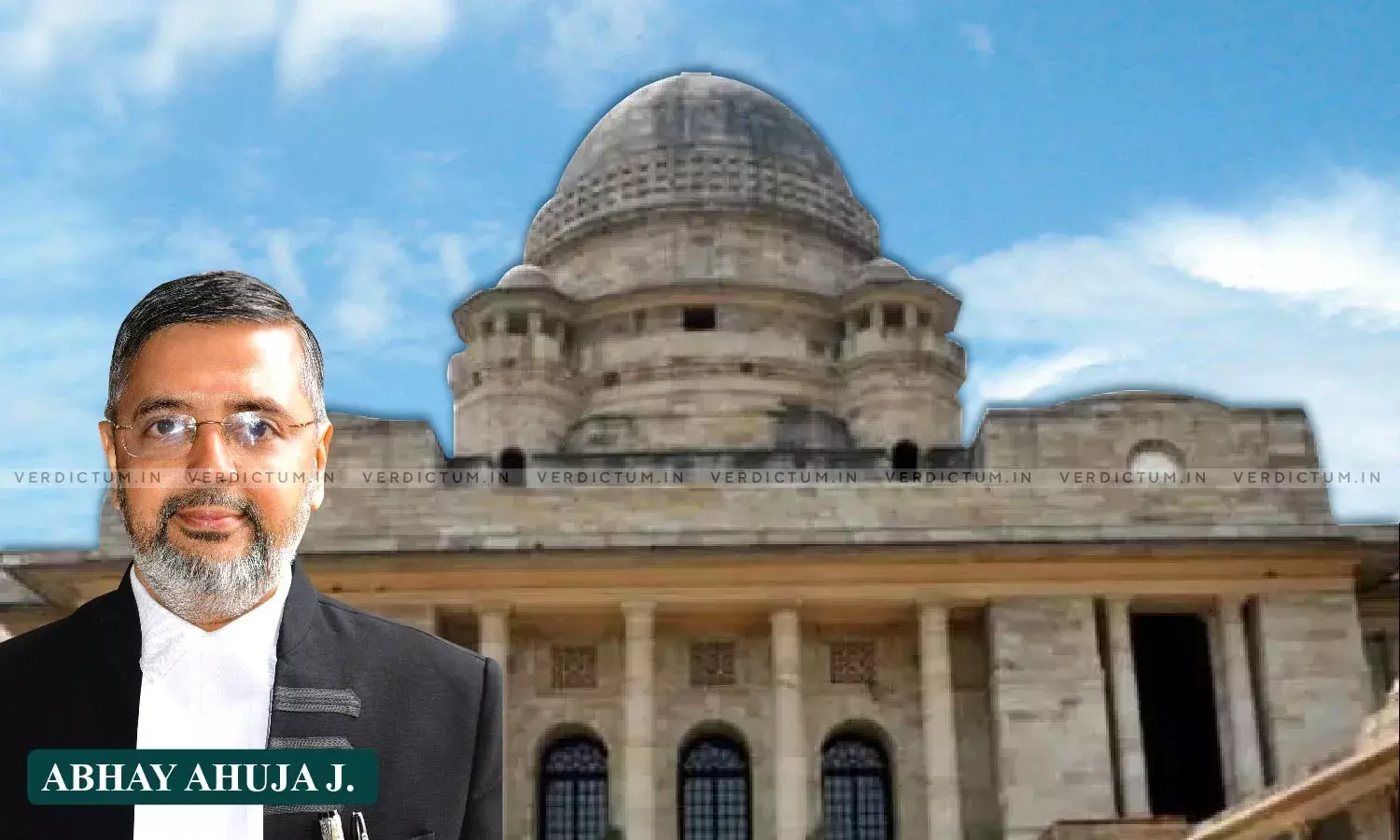Bombay HC Refuses To Grant Compensation To Wife Of Intoxicated Man Who Died While Boarding Train

The Bombay High Court, Nagpur Bench recently refused to interfere with the judgment of the Railway Tribunal whereby compensation was denied to the wife of the deceased who died while he was intoxicated and was boarding the train.
The Bench of Justice Abhay Ahuja observed that "The MLC report at page A-173 of the record and proceedings which suggests that the deceased when brought to the Community Health Centre at Junnardeo was having an alcoholic breath indicative of the fact that the deceased was in an intoxicated state while boarding the train is clearly an evidence which cannot be ignored...The tribunal, in my view, is therefore correct in holding that the case of the appellants would fall under exception (d) to section 124A of the Railways Act. Therefore, the finding and the order of the Tribunal in denying the compensation under proviso (d) to section 124A of the Railways Act cannot be interfered with.”
In this case, the deceased was travelling on a train and got down at a station for some work and rushed hurriedly to board the running train, his hand slipped from the handle of the door and the deceased fell down and died a day later, while he was treated at a hospital.
Advocate Ravindra G. Bagul appeared for the appellant and contended that there was no evidence of the deceased being intoxicated in the post-mortem report and that the ticket might have fallen when the deceased was being shifted to the hospital after he was injured.
Advocate Neerja G. Chaubey appeared for the respondent and submitted that the deceased was not having a valid ticket and that the deceased tried to board the running train despite several warnings, slipped from the handle of the door and fell down, due to his own negligence.
It was also submitted that no alcohol was detected during the post mortem as there was sufficient time gap when the alcohol breath was noticed at Community Helth centra and when the deceased died on the next day and therefore, there was no alcohol detected in the post mortem report.
The Court, with regard to whether the deceased was a valid passenger of the Railways or not, held that “the deceased was not holding a valid ticket or a pass nor he had purchased the valid ticket for travelling by a train carrying passengers on any date nor he had any platform ticket although he may have become a victim of a railway accident.”
The Court, with regard to no detection of alcohol in the post mortem report, observed that it was not surprising as no alcohol was detected during the post mortem "as there was definitely a sufficient time gap as pleaded by the Railways between the time when the alcohol breath was noticed at the Community Health Centre at Junnardeo and the death of Deepak Thakre on the next day."
The Court further observed that "from the facts and the evidence on record it appears that the deceased appears to be negligent, however, it cannot be said that the deceased may have had the intention to self inflict, or commit suicide, however, it would be relevant to consider exception (d) in the proviso to section 124A which refers to any act committed by the deceased in a state of intoxication."
Therefore, the case of the appellant could not be treated to be an exception to section 124A of the Railways Act.
Accordingly, the appeal was dismissed.
Cause Title- Shobha & Ors. v. Union of India thr. General manager, Central railway, CST Mumbai.
Click here to read/download the Judgment

